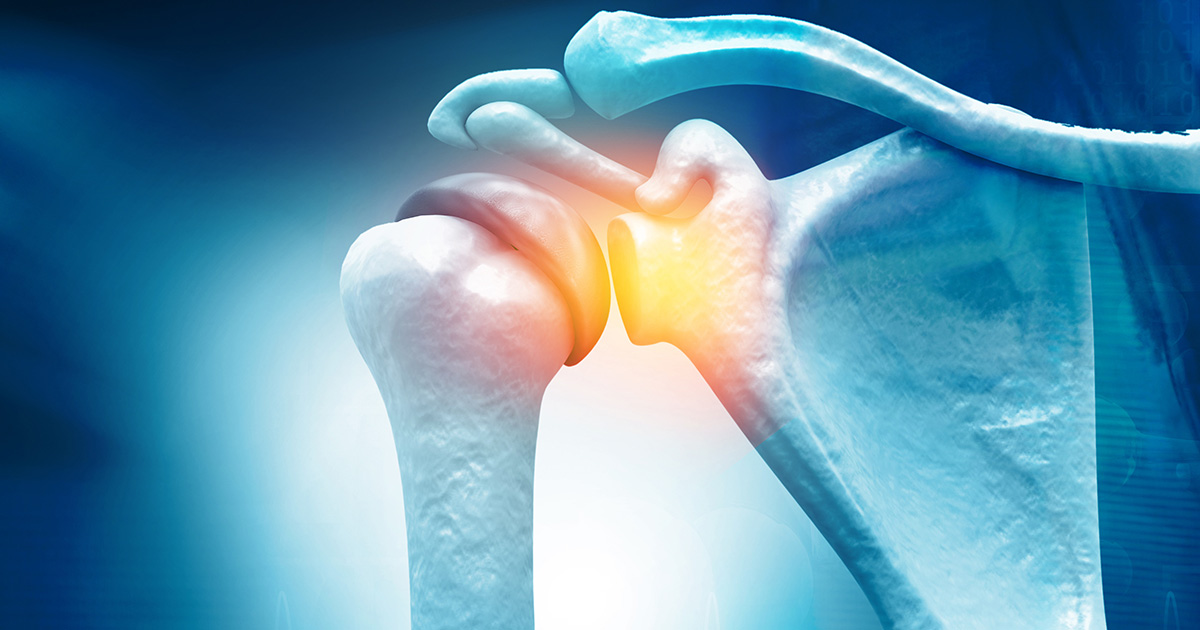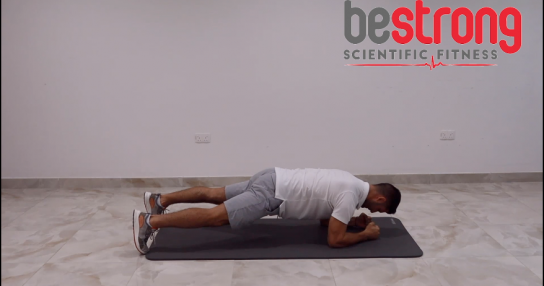What is it?
Frozen shoulder , also known as adhesive capsulitis, is a condition characterized by stiffness and pain in shoulder joint. Symptoms typically begin gradually, worsen over time and than resolve, usually within one to three years.
Symptoms
Frozen shoulder typically develops slowly, and in three stages:
-Freezing stage: Shoulder’s range of motion starts to become limited and any movement in shoulder joint causes pain.
-Frozen stage: Shoulder becomes more stiff and any movement in this joint starts to be very difficult.
-Thawing stage: The range of motion in shoulder begins to improve.
Common causes:
The bones, ligaments and tendons that make up shoulder joint are encased in a capsule a connective tissue. Frozen shoulder occurs even this capsule thickens and tightens around the shoulder joint, restricting its movement. Also muscle around shoulder becomes tightens.
Risk factors:
This condition is very often in people who has problem with some systemic diseases:
-Diabetes
-Overactive thyroid
-Underactive thyroid
-Cardiovascular disease
-Tuberculosis
-Parkinson’ s disease.
As well this condition occur very often after a long immobility or reduced mobility.
Immobility could be the result of many factors, including:
-Fractures arm
-Recovery after surgery
-Stroke
-Rotator Cuff injury
Treatment:
Treatment for frozen shoulder include increase range of motion exercises, corticosteroids and sometimes arthroscopic surgery, but the best “treatment for frozen shoulder is prevention”. If you’ve had an injury that makes it difficult to move your shoulder, contact us about exercises which could help you to keep better range of motion in your shoulder.









